Conference
A New Life for an Old Book
06. June 2023.
In today's digital age, we spend more and more time connected to technology. We have access to unlimited amounts of information with just one click, faster than ever before. Digital tools have changed the way we access and consume content, including books. Although it may seem that printed books have lost their relevance, their role remains irreplaceable. Books have played a key role in shaping and preserving the culture of a nation through the centuries.
Recognizing the importance of books and aiming to delve deeper into their role in the modern world, the Library of the Institute for Public Policy, in collaboration with the University Library "Svetozar Marković," organized a scientific conference highlighting the significance of this topic and the need to encourage the preservation of this valuable heritage. The production of this event was entrusted to the team at Balkan Perspectives Today.
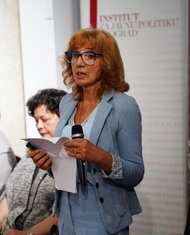
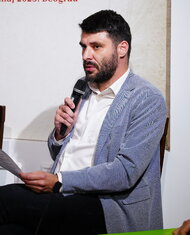

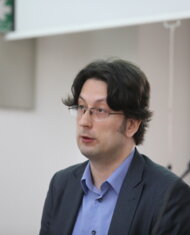
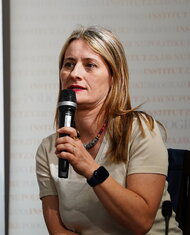

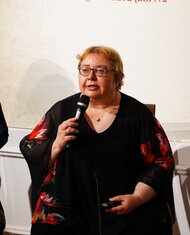

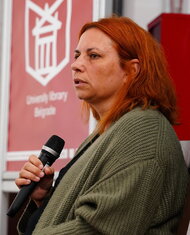
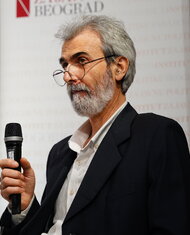
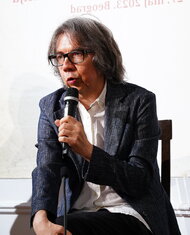
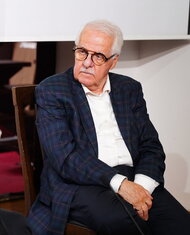

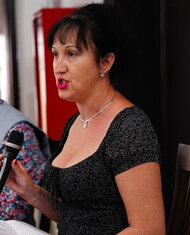

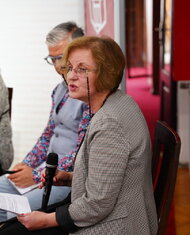
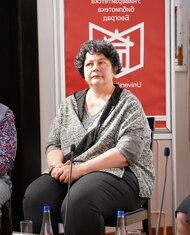
10:00-10:30
Session 1 - The Institutional Life of the Book
Sesija 1 - Institucionalni život knjige
Speakers:
Novka Šokica Šuvaković, Biblioteka Matice srpske
Mr Ljubica Ćorović, Biblioteka grada Beograda
Svetlana Pucarević, Univerzitetska biblioteka “Svetozar Marković”
Vladimir Tomić, Muzej grada Beograda
Slađana Mitrović, Biblioteka “Radoje Domanović” Topola
Doc. dr Adam Sofronijević, Biblioteka Instituta za javnu politiku
Moderator:
Dejana Kavaja Stanišić, Moderatorka
11:30-12:00
Coffee Break
12:00-13:30
Session 2 - The Public and Private Life of the Book
13:30-14:30
Lunch Break
14:30-16:00
Session 3 - The Future of the Book
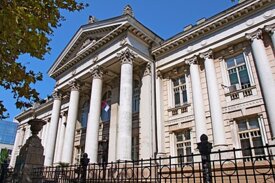
.jpg)
Belgrade is the capital and largest city of Serbia. It is located at the confluence of the rivers Sava and Danube, where the Pannonian Plain meets the Balkan Peninsula. The urban area of Belgrade has a population of 1.23 million, while nearly 1.7 million people live within the administrative limits of the City of Belgrade. Its name means “white city.” One of the most important prehistoric cultures of Europe, the Vinča culture, evolved within the Belgrade area in the 6th millennium BC. Throughout history, Belgrade was conquered several times. Due to its perilous strategic position, the city has taken part in over 115 wars and been destroyed 44 times. It has been the capital of Serbia since 1405 and it was the capital of Yugoslavia from its creation in 1918 to its dissolution.